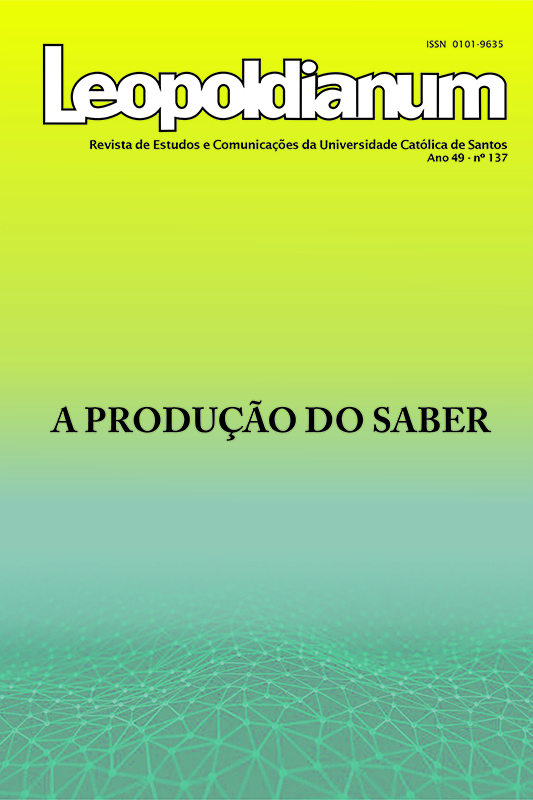ESTUDO SOBRE INIBIDORES VERDES (CHÁ PRETO E CHÁ VERDE – CAMELLIA SINENSES) NA CORROSÃO DO AÇO INOXIDÁVEL AUSTENÍTICO 316
DOI:
https://doi.org/10.58422/releo2023.e1402Abstract
Corrosion is the natural tear that occurs in metals, and may be the result of electrochemical
reactions or redox reactions between the metal and the environment. It is a spontaneous
process that transforms metals, preventing their performance and durability, causing many problems in industries of different types. However, there are some ways to prevent this action,
such as using corrosion inhibitors for metals. Among some types of inhibitors, there are
the green inhibitors, that is, those that are obtained from plant or fruit extracts, being a great
ecological alternative, in addition to being a renewable source. The present study aimed to
verify the capacity of Camellia sinensis – Green Tea and Black Tea, in inhibiting the corrosion
of austenitic steel 316, when subjected to corrosive media of hydrochloric acid at 1.0 mol.L-1
and 0.1 mol.L-1. Several laboratory tests were carried out, in addition to the survey of similar
articles and research. There was no significant change in relation to the corrosion of 316 steel
in the presence of green tea and black tea extracts; however, black tea is capable of inhibiting
copper corrosion in the presence of NaCl and carbon steel, as mentioned in the literature,
encouraging new studies on the subject studied.
Published
Versions
- 2023-05-15 (2)
- 2023-04-27 (1)
Issue
Section
License
A Revista Eletrônica Leopoldianum - Revista de Estudos e Comunicações da Universidade Católica de Santos (ISSN: 2965-9566) é detentora dos direitos autorais de todos os artigos publicados por ela. A reprodução total dos textos em outras publicações, ou para qualquer outro fim, por quaisquer meios, requer autorização por escrito do editor. Reproduções parciais de artigos (resumo, abstract, mais de 500 palavras de texto, tabelas, figuras e outras ilustrações) deverão ter permissão por escrito do editor e dos autores.












